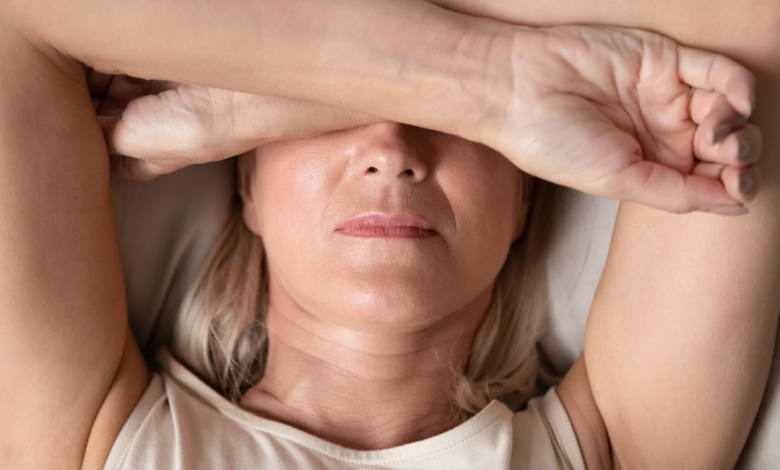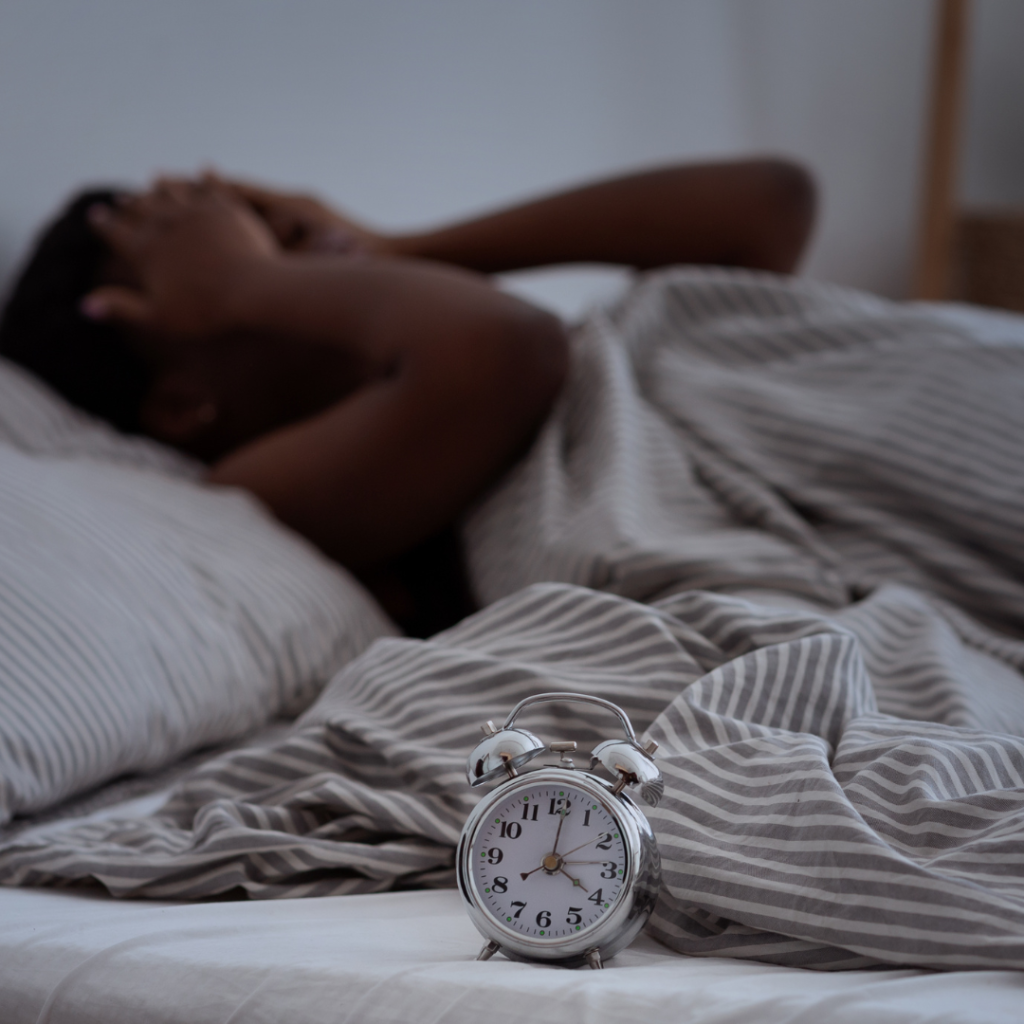
Waking up after a good night’s sleep is the perfect tonic for a productive day ahead. Unfortunately, that’s not the case for all, especially those suffering from peri-menopause and menopause. Research from Kalms Herbal Remedies shows that 81% of peri- and menopausal women have suffered insomnia in the past year, with one in five on a nightly basis. And with Menopause Awareness Month falling this October, there’s never been a better time to discover ways for peri- and menopausal women to enjoy a decent slumber. Enter Dr Rosie Khan, a GP with a special interest in menopause and lifestyle medicine, who offers the following advice.
Why does the menopause affect sleep?
“As levels of oestrogen and progesterone decline, they interfere with the body’s internal clock,” explains Dr Khan.” This affects the production of serotonin and melatonin, both of which help regulate sleep. While hot flushes and night sweats are well-known culprits, many also experience insomnia, low mood and fatigue, creating a perfect storm for restless nights.”
Is medication the answer?
Even though around one in 10 women have been prescribed medication for sleep, many are cautious, with 51% uneasy about the extended use of drugs. Instead, a growing number of women are exploring alternative approaches, with nearly half of those surveyed trying non-prescription remedies or supplements.
So, what are the other ways for a restful menopausal sleep?
1. A sleep positive environment
“This has a powerful impact on your ability to fall, and stay, asleep,” says Dr Kham. “Dim the lights an hour before bed, and leave phones and other devices outside the bedroom, as the blue light they emit can interfere with your natural sleep-wake rhythm. Make your bedroom a calm, cool, dark and quiet space, opting for breathable bedding and pyjamas to help discomfort from hot flushes.”
2. Rethink evening habits
“Healthy habits in the evening can make a big difference to how you sleep. Avoid rich, sugary or spicy foods, as well as caffeine and alcohol, as these can all interfere with your ability to drift off. A warm bath with lavender-infused bubbles can help soothe muscle tension and calm a busy mind, while unwinding with a good book can ease you into a more restful state.”

3. Unwind your mind
“Stress and anxiety are major sleep disruptors, so find ways to calm your mind before bed. If you find yourself lying awake with racing thoughts, consider a relaxation technique. One method is deep breathing: inhale for four seconds, hold your breath for four, exhale for four, and hold again for four seconds before repeating the cycle, to induce a state of calm and help you relax.”
4. Consider natural remedies
“Some women explore natural remedies, with evidence suggesting that valerian root may have calming properties, and that lavender oil could support relaxation — with research still ongoing . Just be sure to consult a healthcare professional to ensure incorporating supplements into your routine are suitable for your individual needs.”






